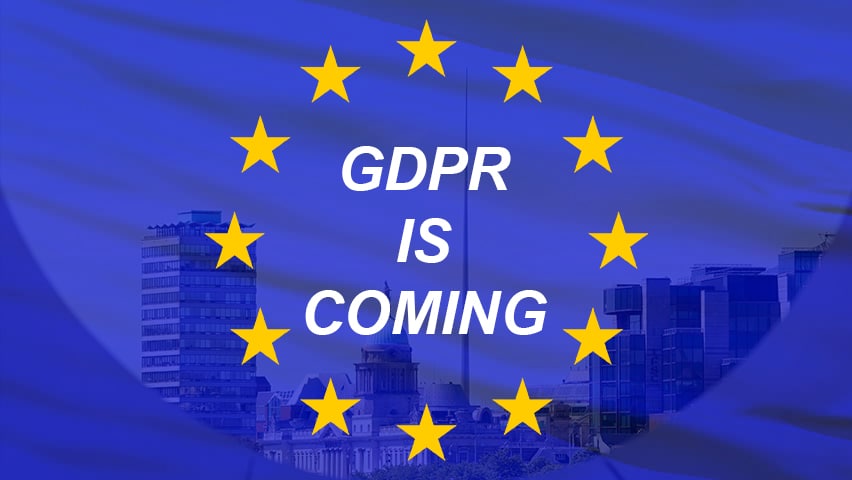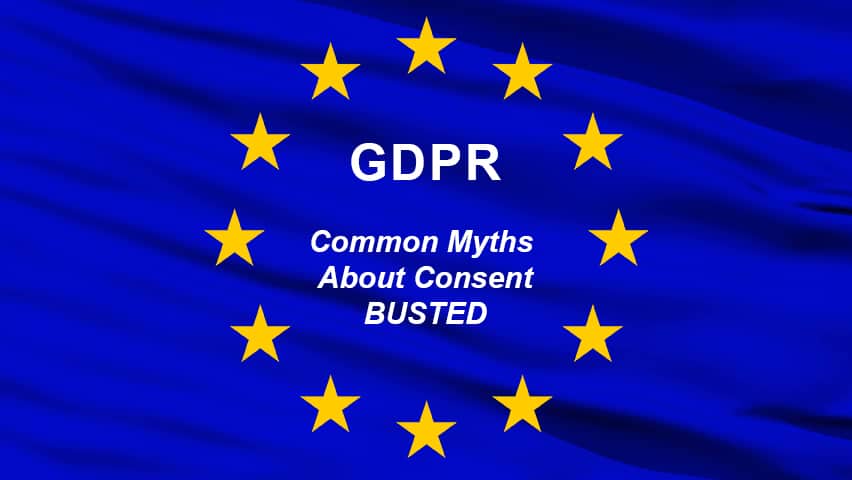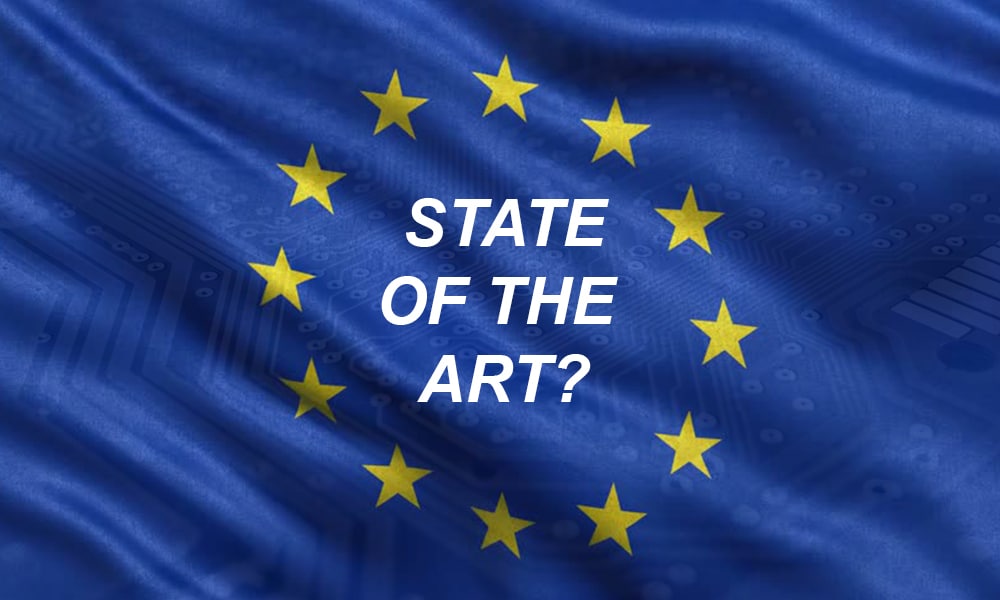GDPR is coming. Rapidly, as it so happens, and at the time of writing there is just over 6 months to go until the 25th May 2018 deadline for compliance. Since the GDPR was adopted by the EU in 2016, businesses have been trying their best to understand the impending data protection regulation and, ultimately, ensure they are compliant. The GDPR is no straight-forward matter, though, as much of the phrasing is purposely vague to allow for possible technological advances, and to ensure that the regulation itself does not become obsolete in the near future. The idea is that if the GDPR specified which technologies were to be employed by a business in order to safeguard its data, it may be superseded by new technologies – thus reducing the effectiveness of the regulation. A key GDPR requirement, under Article 32, states that data controllers and processors are required to “implement appropriate technical and organizational measures” taking into account “the state of the art and the costs of implementation” and “the nature, scope, context, and purposes of the processing”. But what exactly does state of the art mean?
US Wants to be Involved in Facebook Data Transfer Case Referred to ECJ by Irish Courts
Data transfer between the EU and US had come under fire in the Irish courts, due to a dispute in the clause Facebook Ireland uses to send data back to its international parent, Facebook US. EU data protection and privacy laws are among the strongest in the world, and as such, any data pertaining to EU citizens cannot be transferred outside Europe without strong assurances in place that the data will be processed under EU-compliant terms. While the US data protection laws are considered inadequate for European data, many international tech companies circumvent this using a model known as “standard contractual clauses”, whereby the parent company (Facebook US, in this example) enters into a contract with their EU subsidiary (Facebook Ireland) which pledges to meet the EU’s strict rules. Ireland is home to the European headquarters of 9 out of 10 of the of the world’s largest social media companies, and standard contractual clauses have been considered legally acceptable by the EU since 2001.

Ireland is home to 9/10 of the world’s largest social media companies (including Facebook), making it a crucial link between EU and US regulations.
Studies Show Many Businesses Confused or Unprepared for GDPR
With the EU General Data Protection Regulation (GDPR) only 8 months away from coming into force, surveys are showing that many businesses across the UK and Ireland are still confused about exactly what the regulation means for them, and may be unprepared for GDPR. A survey conducted of over 1000 IT decision makers revealed that 64% were unaware that customers’ birth dates are considered personally identifiable information (PII), which is especially worrying as any mishandling of such data could constitute a breach of the GDPR and result in fines of up to €20 million. 42% did not realise that email marketing databases contained PII, 32% did not consider physical addresses to be and 21% did not even consider customer email addresses to be PII. In contrast, 85% of these survey respondents reported that they have reviewed the GDPR requirement thoroughly and 79% believe they have done everything they need to do to secure their data. This disparity marks a worrying trend for businesses, big or small.

The GDPR comes into full effect on the 25th of May 2018 – and no one wants to be made an example of
Consent is Always Required – Busting that GDPR Myth
With the GDPR now less than 8 months away from becoming enforceable, businesses all over the EU and indeed any company that conducts business with EU citizens are scrambling to prepare in time for the legislation. The upcoming General Data Protection Regulation was designed to give back clarity and control to users about how their sensitive data is being processed and held, but has led to quite a bit of confusion for businesses about how this will actually work. Most people will have heard about the increased fines, as regulators can now fines offending bodies up to €20 million or 4% of global turnover, but there is a lot of confusion and indeed misinformation and misinterpretation out there to make the process even more difficult. To this end, there’s a few things we’d like to set the record straight on, particular around consent. Over the coming weeks and months we hope to provide more guidance of areas prone to misinterpretation, so stay tuned!
Myth: You must always have consent to process someone personal data.

With the stakes so high, it can be hard to tell the difference between important guidance and scaremongering when it comes to the GDPR
NIST Experts Do U-Turn & Issue New Password Security Guidelines
NIST is the US National Institute of Standards and Technology, and back in 2003, a password primer was written by one of its managers that put forward recommendations, many of which became the rules we have now. Special characters, mixture of upper and lower case letters, regular password changes – these have all been adopted into ‘best practice’ for password security since NIST made these recommendations. Now, however, these complexity guidelines and regular password changes have been repeatedly proven by experts to actually be less secure for companies, due to the work-arounds humans put in place to make remembering password easier. NIST thankfully have released their mistake and have provided updated best practice standards for password security. Why the sudden change of heart, you may ask? Well, over a billion passwords a year are breached by cyber criminals, and the data obtained shows that when presented with a long list of password criteria, people tend to try something basic first and then just tweak it until it fits. For example, ‘password’ becomes ‘Password1’, which may be more mathematically secure, but can be easily guessed instead.

Previously established guidelines are mostly being discarded, in favour of rules that simplify passwords for the user
No one looks forward to those mandatory password changes every few months, as it can be incredibly frustrating to constantly think of new passwords with the right mixture of capital letters, special characters and numbers. In fact, many people try to simplify the process by using a variation of their previous password – ‘Password1’ becomes ‘Password2’, and so on. In fact, the entire basis for issuing new guidelines stems from one simple fact; people can’t remember all the passwords that they have been forced to create, ultimately causing them to create less secure passwords than if they didn’t have to adhere to the guidelines in the first place. So with all that in mind, here’s a breakdown of the new best practices and why they’re easier and more secure:

